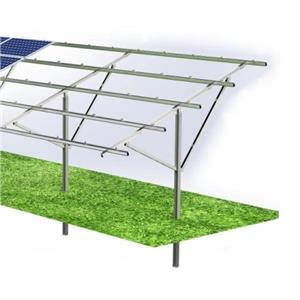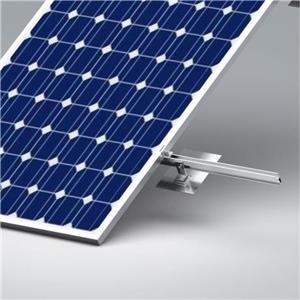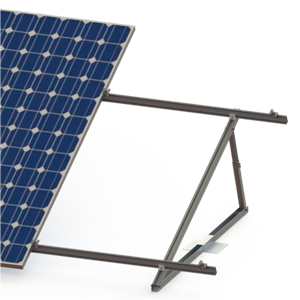Your Guide to Off-Grid Solar System Components
Off-Grid Solar System Components
Remember that off-grid solar systems have more components than grid-tied systems. And know your consumption needs before buying anything, The amount of power you require determines the output and capacity you'll need to live comfortably off the grid.
Now, let's break down the off-grid solar system parts.
PV Solar Panels
Panels convert the sun's energy to electric energy via photovoltaic cells. When selecting panels, it's important to know that some are more efficient than others. Always check the efficiency rating. A good solar panel will have an energy efficiency rating above 18%, meaning that 18% of the solar rays that hit the panel are converted into usable electric energy. The best panels reach upwards of 25%.
Mounts
After selecting the panels, decide how you want to mount them. Pro tip: Find the area with the most peak sunlight and mount it there. Mounts can be placed on the roof, pole, or ground. Study your area to find where the sun shines brightest and longest before setting up your panels.
Batteries
Completely off-grid setups require batteries. Otherwise, users wouldn't be able to power appliances during times of darkness or reduced sunlight. Batteries take the energy from the panels and store it for those times.
There are multiple types of solar batteries. The most effective types are lithium-ion because they hold their charge the longest and have the least leakage. They also last far longer than lead-acid batteries, meaning they save you money in the long run.
Inverters
The electricity collected by the panels and stored in the battery is a direct current (DC). This presents a problem. Many key home appliances and outlets run on an alternating current (AC), making the battery juice largely useless. But don't sweat it. This is where inverters come in. Inverters convert DC power from the battery bank into AC, making it useful to power homes.
With inverters, always consider efficiency. A good inverter should have at least a 98% efficiency rating. This rating means that, during the transfer of power from the battery to the home, 98% of the initial power is retained. On top of this, you'll also need a connection load, which ensures the circuit is complete.
Charge Controller
Charge controllers are essential for off-grid systems, given they control the energy flow in and out of the battery bank. The controller maximizes battery performance and cuts off energy flow to the battery, preventing overcharging, which preserves the battery's lifespan.
And there you have it, the nuts and bolts of a great off-grid solar energy system.




